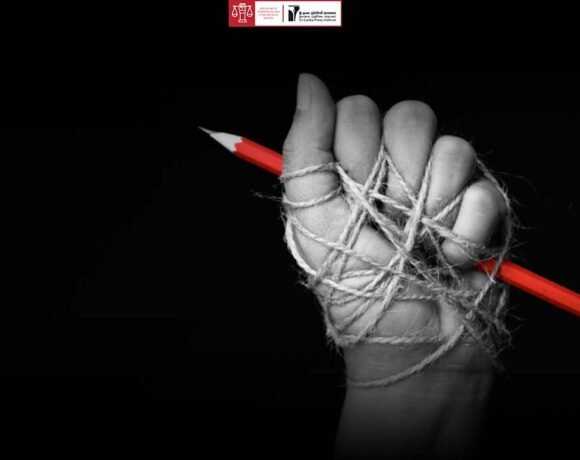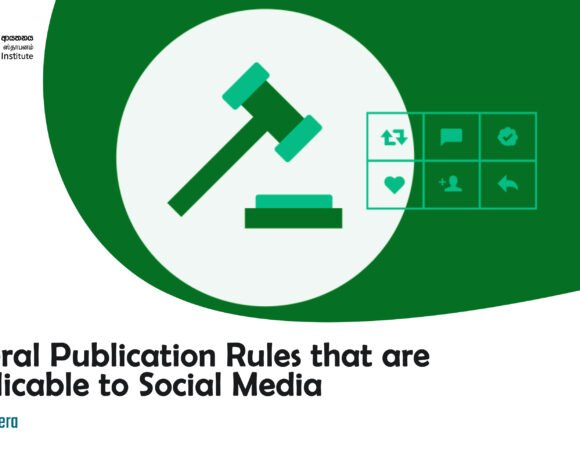
Is there a Conflict between Freedom of Religion and Other Human Rights?
Pavithrani Dissanayake
Observing a religion of their choice is a right of all the people. Therefore people get the freedom of observing any religion of their choice as well as the right of not observing any religion at all. Religion cannot be detached from humans. The bond between religion and human activities is an ancient scenario. It is important to discuss the need for managing religion and other human rights.
According to the prologue of the Universal Declaration of Human Rights, the basement of freedom, justice and peace depends on human rights. When human rights are not secured it paves the way to severe crimes and heartbreaks of the citizens. Therefore freedom of expression and freedom of observing a religion is considered as their major wish in society.
According to the 12th constitution of the government, every citizen should be entitled to the freedom of observing a religion, freedom of thinking and the freedom of conscience. It has also ensured the rights of observing any religion according to their wish or belief and freedom of teaching its disciple to the citizens.
Sri Lanka is a multi-religious, multi-ethnic country. Therefore, there are instances where we can see coexistence among different religions as well as disparities and conflicting situations among them. Religious and ethnic identities are important in Sri Lanka. It is a fact that decides power and human relationships too. Both in local and international law, freedom of observing a religion is highly taken into consideration when providing judgements in the supreme court and establishing constitutions. It also ensures the belief of theistic and non theistic religions. A set of guidelines to limit hate speech related to religions and religious beliefs is included in the constitution.
Even though the freedom of religion is ensured with several rules, there are problematic areas when it comes to practical usage. There are problems in respecting and breaking the right of observing a religion of the citizen’s choice. This right is beign violated by third parties and activists who are associated with disruptive actions.
On the other hand, it is problematic when religion interferes in government activities and law. The government has not imposed special limits on religions and their beliefs. But there are instances where the government has failed to protect religious or ethnic groups that have faced rivalry from another group.
Freedom of expressions has been affected by different types of religious activities. Non–violent statements and literary work related to various religions are being censored and arrested according to ICCPR in present. Providing special treatment and consideration to a specific religion has also become a problem. According to the supreme court reports from 2003 – 2017, the right of observing a religion is not protected or respected in society. The right of spreading religion is not accepted by the constitution.
There is a technical right to ensuring the existence of non-Buddhist religious groups through a parliament act. It is accepted under international law. But it is problematic according to the Sri Lankan constitutional law whether turning into religion and spreading it becomes a basic right under the constitution.
There are weaknesses in the guidelines of registering religious places and organizations in Sri Lanka. There had been instances where inhuman and violent conditions took place in Sri Lanka when the citizens unnecessarily get attached to their religious beliefs and facts. During most of the ethnic conflicts in Sri Lanka, religions too have interfered.
Considering a religion or ethnicity more than human rights, giving the priority to a majority of a certain area, not having rules and regulations to solve the problems of the minority groups, power of accountability, role of media and hate speech or hateful organizations can be identified as the reasons that create the above-mentioned situation. Religion and the rules related to observing a religion should be subjected to be modernized. Otherwise, it will be difficult to stop confusions and contradictions related to observing a religion.








